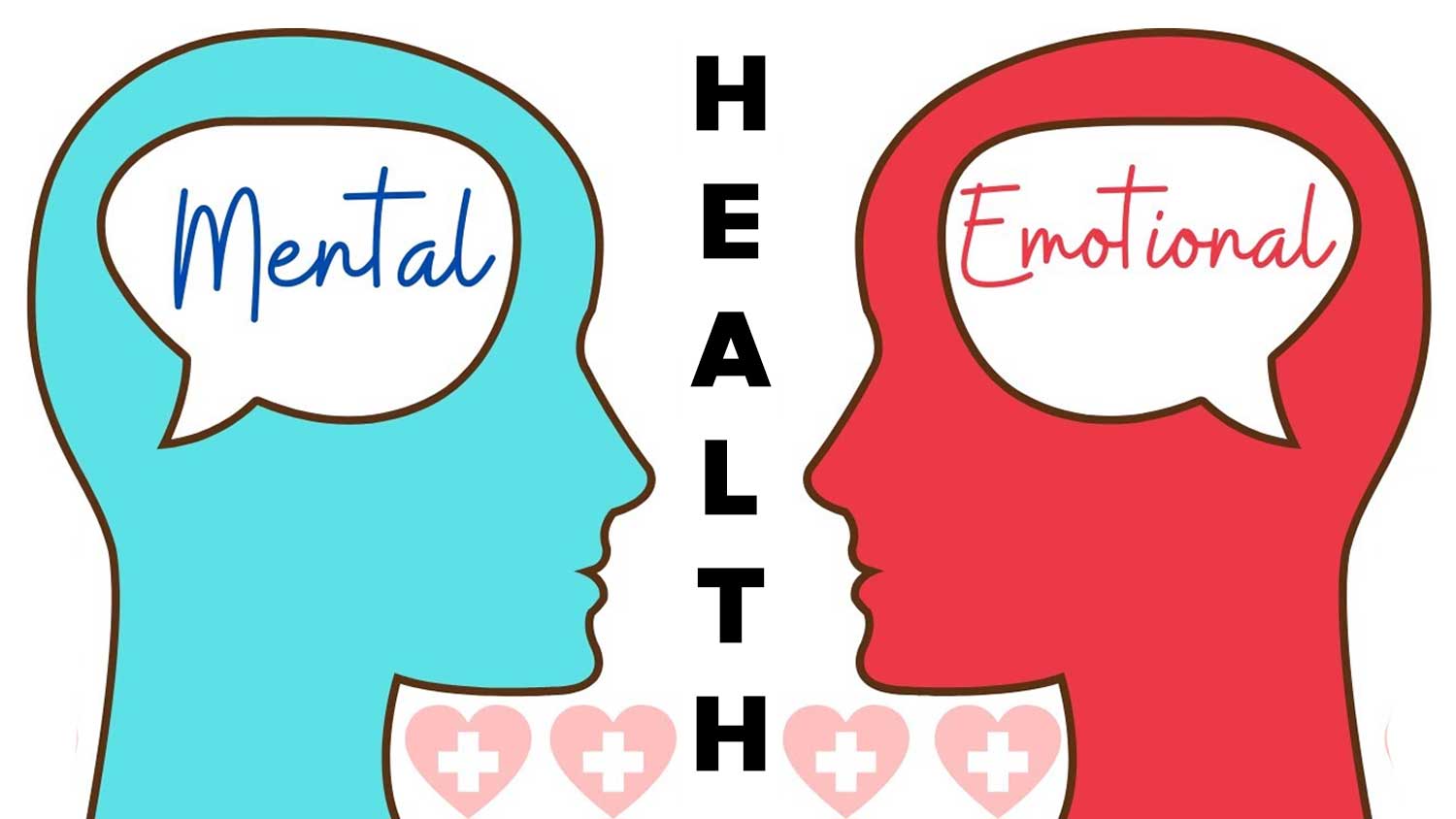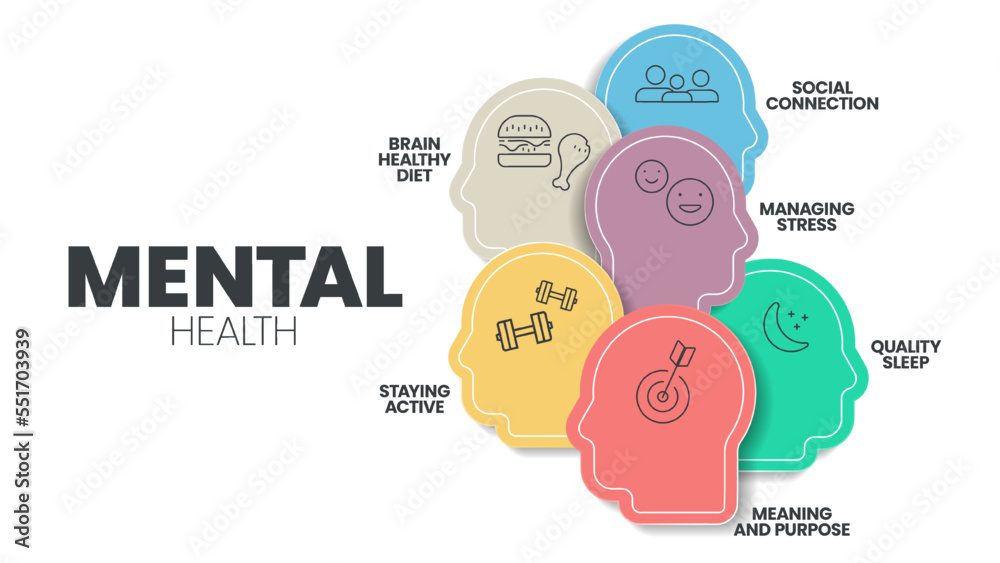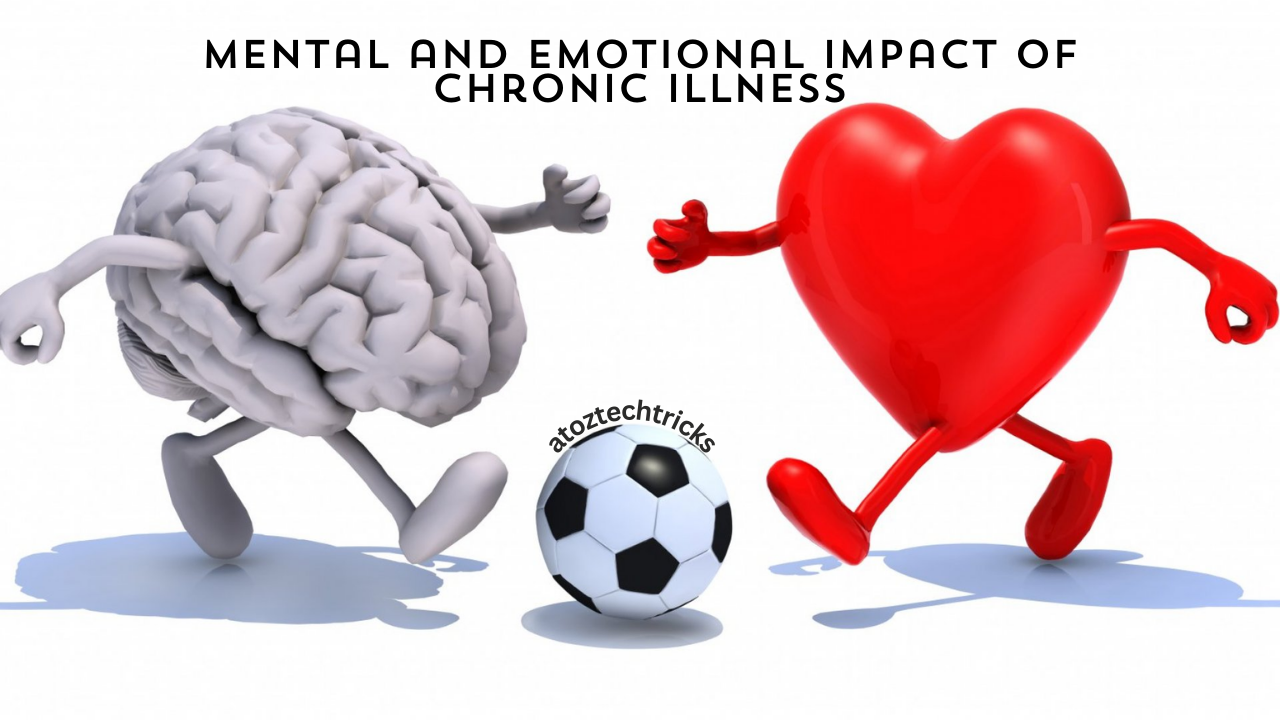The Mental and Emotional Impact of Chronic Illness
Chronic illness, defined as a long-term health condition that may not have a cure, affects millions of people worldwide. These conditions range from diabetes and heart disease to autoimmune disorders and chronic pain syndromes. While the physical symptoms of chronic illnesses are often well-documented, the mental and emotional impact on individuals is equally significant and requires comprehensive understanding and support. This article delves into the multifaceted effects chronic illness can have on mental and emotional well-being, explores coping mechanisms, and highlights the importance of addressing mental health alongside physical health.

Understanding Chronic Illness
Chronic illness is characterized by persistent symptoms that can last for years or even a lifetime. Unlike acute illnesses, which have a defined onset and end, chronic conditions often involve ongoing management and adaptation. Examples include rheumatoid arthritis, which causes joint inflammation and pain; multiple sclerosis, which affects the central nervous system; and chronic obstructive pulmonary disease (COPD), which impairs lung function.
The impact of chronic illness extends beyond physical symptoms, influencing various aspects of life, including mental and emotional health. The nature of chronic illness—its unpredictability, pain, and limitations—can profoundly affect an individual’s mental state.
Managing Symptoms and Flare-Ups: Strategies for Effective Relief
The Mental Impact of Chronic Illness
1. Anxiety and Depression
One of the most common mental health challenges faced by individuals with chronic illness is anxiety. The uncertainty about the future, the potential for disease progression, and the impact of symptoms on daily life can all contribute to heightened anxiety. Additionally, individuals may experience generalized anxiety disorder (GAD), characterized by persistent and excessive worry about various aspects of life.
Depression is another significant concern. Chronic illness can lead to feelings of hopelessness and despair, particularly when symptoms are severe or when there is a lack of effective treatment options. Research indicates that individuals with chronic illnesses are at a higher risk for depression compared to the general population. This is often due to the chronic pain, disability, and lifestyle limitations associated with their condition.
2. Cognitive Impairments
Chronic illness can also impact cognitive function. Conditions such as fibromyalgia and chronic fatigue syndrome (CFS) are known to cause “brain fog,” characterized by difficulties with concentration, memory, and mental clarity. This cognitive impairment can affect daily activities, work performance, and overall quality of life.
In addition, medications used to manage chronic illnesses may have side effects that impact cognitive function. For instance, certain pain relievers or sedatives can impair memory and cognitive abilities.

3. Stress and Coping Mechanisms
Living with a chronic illness often involves high levels of stress. This stress can stem from managing symptoms, navigating the healthcare system, and dealing with financial burdens associated with medical care. Chronic stress has been shown to exacerbate physical symptoms and negatively impact mental health.
Individuals with chronic illnesses often develop coping mechanisms to manage stress. These can include seeking social support, engaging in relaxation techniques, or using cognitive-behavioural strategies to reframe negative thoughts. However, some coping mechanisms may be maladaptive, such as substance abuse or social withdrawal, which can further compound mental health issues.
The Emotional Impact of Chronic Illness
1. Grief and Loss
Chronic illness can lead to profound emotional responses, including grief and loss. Individuals may grieve the loss of their previous health, lifestyle, or future aspirations. This process of grieving can be similar to the stages of grief experienced after the death of a loved one, including denial, anger, bargaining, depression, and acceptance.
The emotional toll of losing one’s health or independence can be substantial. Individuals may feel a sense of mourning for the life they had before their illness, which can lead to feelings of sadness and frustration.
2. Identity and Self-Esteem
Chronic illness can impact an individual’s sense of identity and self-esteem. The visible and invisible symptoms of chronic conditions can affect how individuals perceive themselves and how they believe others perceive them. For instance, someone with a chronic skin condition might feel self-conscious about their appearance, while someone with chronic pain might struggle with feelings of inadequacy due to limitations in physical abilities.
Moreover, chronic illness can alter personal roles and responsibilities, impacting relationships and social interactions. The shift in identity from being a “healthy” person to someone with a chronic illness can lead to self-esteem issues and affect overall life satisfaction.
3. Social Isolation
Social isolation is a common emotional consequence of chronic illness. The limitations imposed by the condition can make it challenging to participate in social activities or maintain relationships. Additionally, individuals with chronic illnesses might experience stigma or misunderstanding from others, leading them to withdraw from social interactions.
The lack of social engagement can exacerbate feelings of loneliness and exacerbate mental health issues such as depression and anxiety. Support networks and social connections play a crucial role in emotional well-being, and the absence of these can have significant repercussions.
Coping Strategies and Support
1. Psychological Counseling
Professional psychological counselling can provide valuable support for individuals with chronic illnesses. Therapists can help individuals develop effective coping strategies, address feelings of grief and loss, and work through issues related to self-esteem and identity. Cognitive-behavioral therapy (CBT) is particularly effective in helping individuals manage chronic illness-related anxiety and depression.

2. Support Groups
Support groups, both online and in-person, offer a sense of community and understanding for individuals with chronic illness. These groups provide a platform for sharing experiences, receiving emotional support, and learning from others who face similar challenges. Connecting with others who understand the unique struggles of living with chronic illness can alleviate feelings of isolation and provide practical advice.
3. Self-Care and Lifestyle Adjustments
Engaging in self-care practices is crucial for managing the mental and emotional impact of chronic illness. This includes maintaining a balanced diet, engaging in regular physical activity within one’s limits, practising mindfulness and relaxation techniques, and ensuring adequate sleep. Self-care also involves recognizing and respecting one’s limitations and seeking help when needed.
4. Medical Management
Effective medical management of chronic illness is essential for reducing the overall burden of the condition. Collaborating with healthcare providers to develop and follow a comprehensive treatment plan can help alleviate physical symptoms and improve quality of life. Addressing physical symptoms effectively can, in turn, have a positive impact on mental and emotional well-being.
Cultivating a Holistic Mindset for Better Health: A Comprehensive Guide
5. Educating Loved Ones
Educating family members and friends about the nature of chronic illness can foster understanding and support. When loved ones are informed about the challenges faced by individuals with chronic conditions, they are better equipped to provide emotional support and practical assistance. Open communication about needs and limitations can strengthen relationships and reduce feelings of isolation.
The mental and emotional impact of chronic illness is profound and multifaceted, affecting various aspects of an individual’s life. Anxiety, depression, cognitive impairments, grief, loss of identity, and social isolation are just a few of the challenges that individuals with chronic conditions may face. Addressing these issues requires a holistic approach that includes psychological counselling, support groups, self-care practices, effective medical management, and education for loved ones.
Understanding and addressing the mental and emotional impact of chronic illness is essential for improving overall quality of life and well-being. By acknowledging and supporting the mental health needs of individuals with chronic conditions, we can foster a more compassionate and comprehensive approach to managing chronic illness and enhancing the lives of those affected.




Post Comment